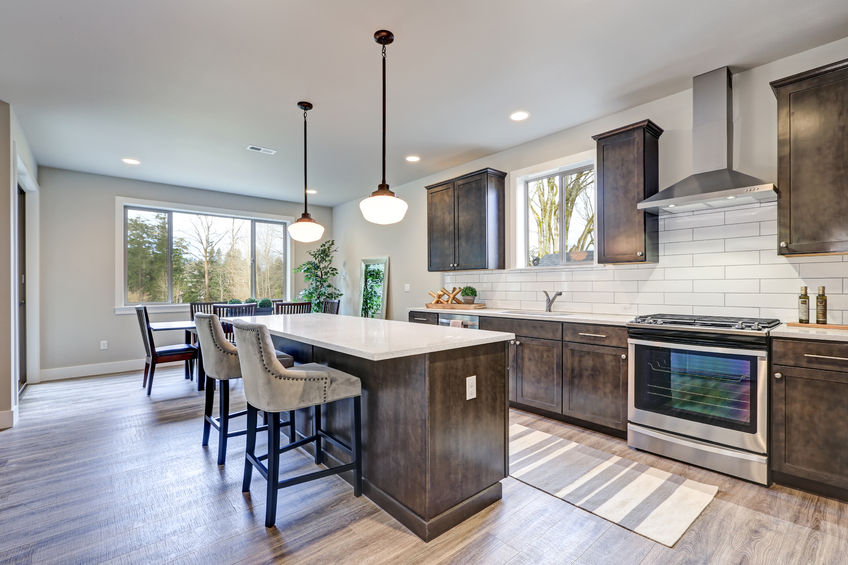Backup Generators: How Much Power Do I Need?

Sometimes, the hardest part of owning a backup generator is making the initial decision about which generator to purchase. There are a lot of considerations when deciding which generator is right for you. In many cases, the main concern is how much power is needed.
It is a common misconception that your generator has to provide power to the entire home, and the bigger the house, the more powerful the generator has to be. While there is some correlation between home size and generator size, the truth is that the generator can be used to power as much or as little as you need. Here are a few ways to determine how much backup power you need for your generator.
First, consider your budget.
Your power requirements definitely need to tie back to your budget. Obviously if you have a bigger budget, you can purchase a bigger generator that can power more than just basic necessities.
Fuel costs should also be considered. Some fuel types are costlier than others or require occasionally refilling.
Maintenance costs are also a budget consideration. You certainly wouldn’t want to invest in a backup generator but have no funds to maintain it. Just like a vehicle, your generator will be much more reliable, run more smoothly, and last longer if it is well-maintained.
Next, consider the types of power outages you experience.
Do you live in an area with frequent outages? If outages occur frequently, a home standby generator is the obvious choice.
How long do the outages typically last? If outages only usually last a few hours, you probably don’t need to power your entire home.
Do you live in an area with extreme weather where it would be unsafe to be without power? If your power outages most often occur during months when the temperatures are at an extreme you will likely want to power your heat or air.
Now, determine your basic home power needs.
Consider how much power it would take to just run the necessities in your home – the bare minimum.
Do you use city or well water? Well pumps typically require a larger 240-volt generator (3800 watts or above).
Does your heating system use electricity, a heat pump, or gas- or oil- forced air? Electric furnaces and heat pumps usually need at least 15,000 watts or more to run, whereas gas- or oil- forced air systems can get by with as little as 2500 watts.
Is your hot water heater electric or gas- or oil-fired? Gas- or oil-fired hot water heaters use as little as 2500 watts, compared to 4500 watts of electric heaters.
Do you rely on medical equipment? A power wheelchair battery takes about 400 watts to charge.
How many necessary household appliances do you have? Most homeowners can power their household appliances using between 3000 to 6500 watts.
Finally, consider other power requirements you may have.
- A typical home security system uses 100 watts of power.
- A laptop computer uses 300 watts.
- A phone charger uses 20 watts.
- A modest amount of lights (5-10) uses 250 watts.
- A washing machine uses 1200 watts.
- An air conditioner uses 1000 watts.
- An eight-inch burner on an electric range uses 2,000 watts.
- A coffee maker uses 1000 watts.
Call Midwest Generators for Help Choosing a Residential Generator.
In general, it is considered best to choose the smallest generator that will meet your minimum power requirements. After all, you probably won’t need to run all of your appliances, your hot water heater, your air conditioner, and have all of your lights on at the same time during the outage. Kohler Power has created this handy tool to help estimate power requirements. But for a more detailed estimate, we can help.
We know that most of our customers really just don’t know (or care to know) their home’s power requirements. At Midwest Generator Solutions, we will work with you to determine the right size generator for your needs. We’ll make sure that you get the generator that will give you enough power where you need it, but not so much that you’re spending more on fuel or maintenance.
For help determining the power requirements for your home or selecting the right generator for your needs, give us a call today. We are happy to help!
